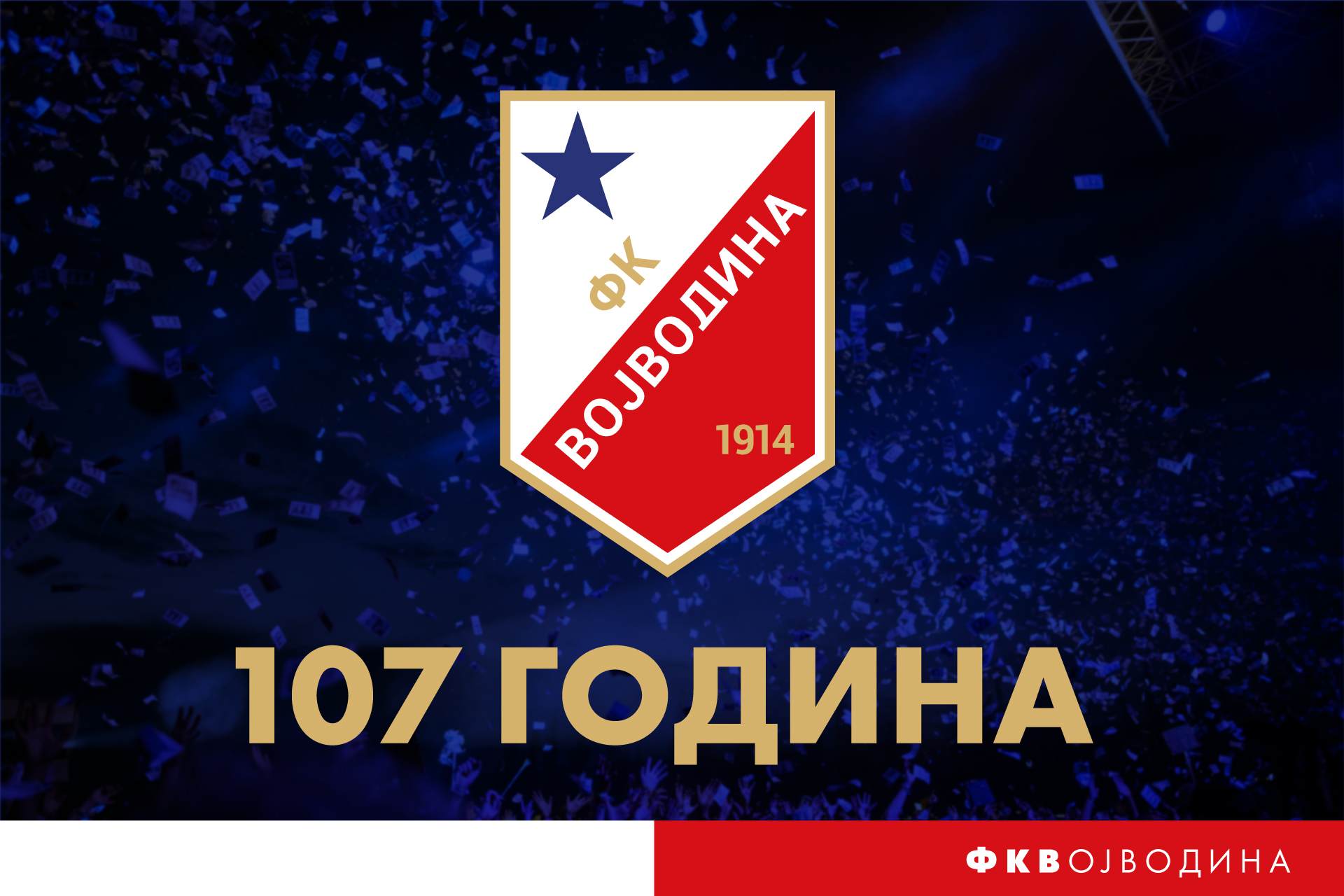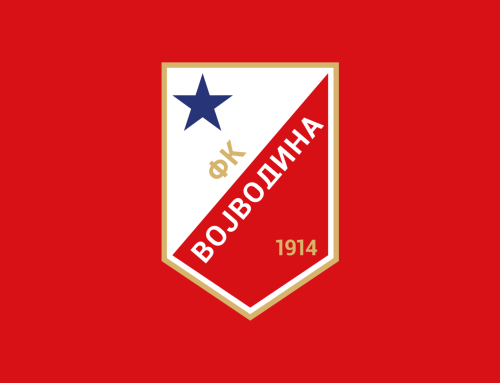There is a view among football fans around the world, or at least among some of them, that the identity of a club and everything it will ever represent is determined by the people who founded it and the reason why the club was founded in the first place. And that regardless of all the ups and downs, successes and failures, delights and abysses, the club forever remains attached to what originally created it, what without which it would never exist, what will forever remain an inseparable part of the identity of that club, just as the club will be an inseparable part of the life of all those who love it for decades, and even a century later, and all its ups and downs go along with it.
On March 6, 1914, in Novi Sad, it was dangerous not only to create a football club, but also to live in general, especially for the Serbian national community. Relations between Serbia and Austria-Hungary, to which Novi Sad then belonged, were strained to the point that it was only a matter of time before it escalates into an open war. However, the Serbian youth, defiant as young people usually know how to be, did not care about anything else than to express their belonging to their city and their people through a game that won their hearts and enchanted them as just “the most important side thing in the world” can do. Thus, as a result of love for Novi Sad, Serbia and football, the football club Vojvodina was created – the first Serbian football club in the city below the Petrovaradin fortress.
Future university professor Vladimir Milićev, president of the Serbian Commercial Bank Živojin Bajazet, lawyers Kosta Hadži, Radenko Rakić and Kamenko Ćirić, chemist Dusan Hinić, textile industrialist Milenko Šijakov and his brother Đorđe, as well as Ranko Tošić, Uroš Čakovac, Jovan Ljubojević, Gojko Ružić, Đorđe Živanov and Branko Gospođinaćki were then only students of the Great Serbian Orthodox Gymnasium, which today bears the name Jovan Jovanović Zmaj. In Sava Šijakov’s knitting workshop, they practically illegally founded a club and gave it the name Vojvodina, following the example of the former Duchy of Serbia and Tamiški Banat. They probably had no idea that the word Vojvodina would later be used for the name of the province, that is, it would be in the names of many other, not only sports organizations.
However, the story of FK Vojvodina is not the story of a club with which only one national community identifies, because as much as it is proud of its founding past, the football club Vojvodina is proud to be a club loved and supported today by members of all other national communities who live in Novi Sad and even outside it. This is just a small part of the immeasurable wealth of FK Vojvodina, which testifies to the size of the club and defines it as one of the most important symbols of its city.
The story of the founding of FK Vojvodina is a story about the fact that no one can take away your right to be on your own. About the fact that, no matter how much bigger and stronger someone is than you, you must never back down from your dreams and ideals. About the fact that no one will ever give you any success, but that you have to fight for it yourself with your courage, readiness and determination. And about the fact that, when you are a part of Vojvodina, you always go through all the ups and downs together.






